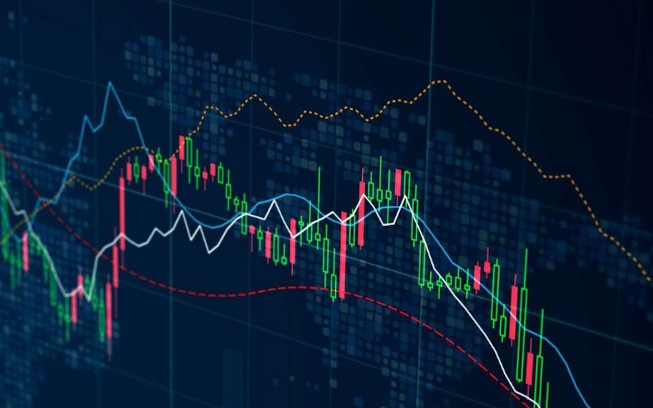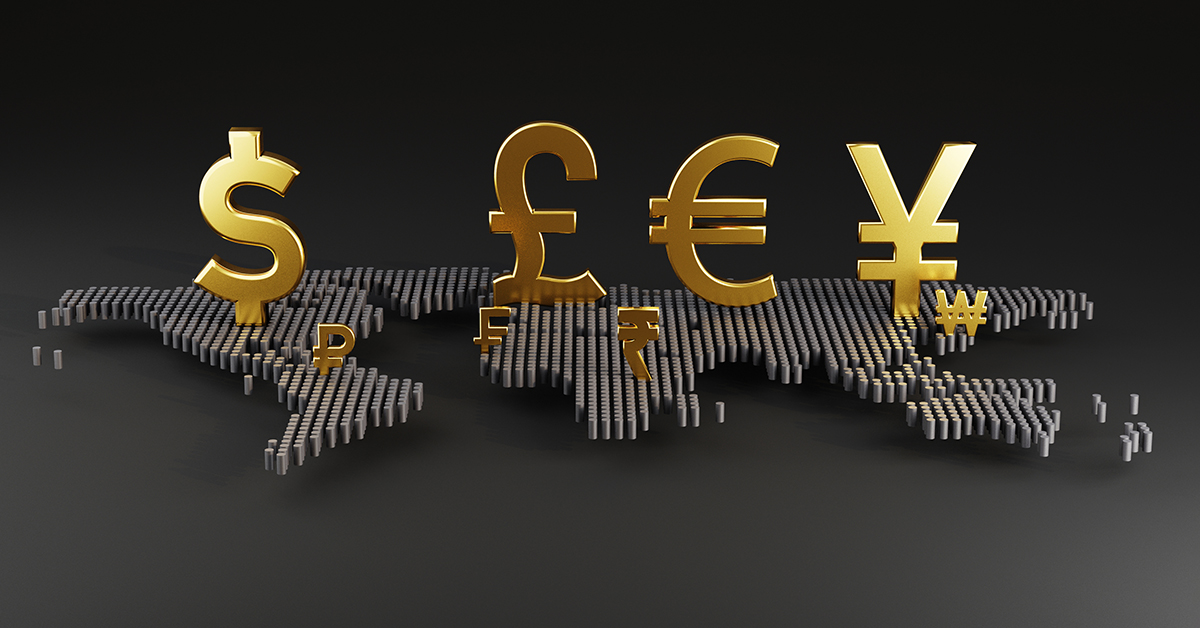
Forex trading has gained immense popularity over the past decade, attracting both seasoned investors and novices eager to make profits in the foreign exchange market. However, as the allure of quick profits grows, so does the prevalence of scams. Understanding the common types of Forex trading scams and how to protect yourself is crucial to ensuring your investment remains safe. If you’re looking for reliable platforms to trade, consider exploring forex trading scams Turkish Trading Platforms that have built a reputation for integrity and security.
One of the most insidious aspects of Forex trading scams is that they often masquerade as legitimate trading opportunities, making it challenging for individuals to discern between genuine brokers and fraudsters. This article will delve into the various types of scams prevalent in the Forex market, how to recognize the warning signs, and strategies to protect your hard-earned money.
Types of Forex Trading Scams
1. **Ponzi Schemes:** These scams promise high returns with little risk. They operate by paying earlier investors with the capital from new investors. Eventually, the scheme collapses when attracting new investors becomes impossible, leaving the majority of participants with substantial losses.
2. **Fake Brokerages:** Unscrupulous entities often set up fake brokerage platforms that mimic legitimate firms. They entice traders with unrealistically high returns, alluring bonuses, and user-friendly interfaces, only to disappear with the investors’ funds once a significant amount is collected.
3. **Signal Providers:** Some companies claim to provide trading signals that guarantee profits. However, these services can be scams, charging exorbitant fees without delivering any value or results. Scammers often rely on social media and online advertising to attract unsuspecting victims.
4. **High-Leverage Trading Offers:** While leverage can amplify profits, it also magnifies losses. Scammers might offer deals with incredibly high leverage to lure inexperienced traders, leading to devastating financial consequences.
Recognizing the Warning Signs

When navigating the Forex trading landscape, awareness of the warning signs is essential. Here are some red flags to watch for:
- Unregulated Brokers: Always verify if a broker is regulated by a reputable financial authority. Unregulated brokers are often scams.
- Too-Good-to-Be-True Returns: If it sounds too good to be true, it probably is. Promises of guaranteed returns or risk-free investments should raise suspicions.
- Pressure Tactics: Scammers often use high-pressure sales tactics to rush you into making decisions without proper research.
- Opaque Fee Structures: Legitimate brokers maintain transparency about fees and charges. If the fee structure is convoluted or unclear, it’s a red flag.
- Lack of Contact Information: Reliable brokers provide legitimate contact details, including phone numbers and customer support. A lack of such information is suspicious.
Protecting Yourself from Forex Scams
Now that you are aware of the common types of Forex scams and the warning signs, here are strategies to protect yourself:
- Conduct Thorough Research: Before choosing a broker, research their credentials, reviews, and regulatory status. Websites like the Financial Conduct Authority (FCA) and the Commodity Futures Trading Commission (CFTC) can provide valuable information.
- Start with a Demo Account: Reputable brokers often offer demo accounts where you can practice trading without financial risk. This allows you to evaluate their platform and services before committing real money.
- Diversify Your Investments: Avoid putting all your funds into a single investment. Diversifying your portfolio can mitigate risks and exposure to scams.
- Educate Yourself: Knowledge is your best defense. Understanding Forex trading, market trends, and technical analysis can help you make informed decisions.
- Trust Your Instincts: If something doesn’t feel right, trust your gut. It’s better to walk away from a potentially fraudulent situation than to risk your savings.
Reporting Suspicious Activity
If you encounter a scam or suspicious activity, it’s essential to report it to the appropriate authorities. Depending on your location, this may include local regulatory bodies, law enforcement, or consumer protection agencies. Your report can help prevent others from falling victim to the same scams.
In conclusion, while the Forex market presents lucrative opportunities for traders, it also harbors significant risks, particularly in the form of scams. By being diligent, conducting thorough research, and remaining vigilant against potential red flags, you can better protect your investments. Remember, if you’re considering trading in the Forex market, seek out reputable and regulated brokers and explore options like Turkish Trading Platforms for a safer trading experience.
